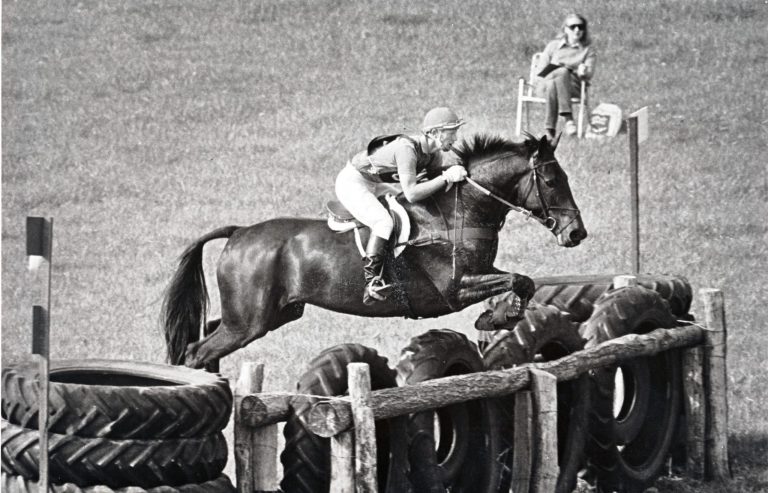If you don’t plan to consult an attorney about a contract when buying or selling a horse, protect yourself by writing a simple, enforceable contract covering the essential points of the sales agreement. Here’s what it needs to include.

1. Identify the parties. That’s the buyer(s) and seller(s), including addresses, phone numbers, and Social Security or Federal tax-identification numbers. The seller on the contract must be the same person(s) listed on the horse’s registration papers. If seller and registered owner are different, the seller’s authority to sell the horse could be questioned. If a partnership or corporation owns a horse listed in a breed registry, the registry may require a specific person’s, or more than one person’s, signature; check with the registry for questions about ownership or required signatures.
2. Identify the horse. Include name, age, color, markings, breed, registration number (if any), and other identifying marks. Also include any special nominations; for example, if the buyer says that the horse is Futurity-nominated, and specify if the horse sells bred, with a breeding, or with a foal.
3. Date of sale. This becomes especially important if there’s a later dispute: In many cases, the date determines the time that a warranty or statute of limitations begins to run. It could also have tax implications for computing capital gains and depreciation.
4. Price and terms of sale. State the sale price; if the buyer and seller agree to some form of trade, or trade and exchange of money, spell it out clearly. If the price of the horse is paid in full at the time the contract is signed, the contract should say so. Or, if the buyer will be paying in installments, clearly spell out the schedule, including the interest rate (if any), where to send the payments, and who will retain possession of the horse and the registration papers until the amount is paid in full. Also spell out what will happen if the buyer fails to make payments.
5. Risk of loss. State when the buyer takes on responsibility for injury or death of the horse, injuries caused by it, and its care. Typically, risk of loss passes either at the signing of the contract or when the buyer takes possession, but it’s important to agree on the specifics.
6. Warranties. In many cases, horses are sold without any promises by the seller regarding ability or fitness. As the seller, you want your contract to state, “This horse sells ‘as is,’ with no warranties or representations whatsoever regarding future fitness and performance” (this is a disclaimer of warranty). When I draft contracts for the seller, I also insert a provision stating that any previous oral statements or claims by the seller, if not included in the written contract, are not binding. If you’re the buyer, though, and there’s an oral statement by the seller that you’ve relied on in deciding to buy, make sure that statement is in the contract. It’s customary to offer the right to have a veterinarian examine the horse instead of offering a soundness warranty. In that case, the contract should state, “In exchange for any warranties, seller has offered buyer the opportunity to have the horse examined.”
7. Prepurchase exam. If the buyer decides against the prepurchase exam, include a notation in the contract stating that the buyer declined to have a prepurchase exam performed on the horse. This documentation helps protect the seller if the unexamined horse turns up lame shortly after the sale, unless the seller can be shown to have lied in answering direct questions about soundness.
8. Insurance. If you sell a horse on installment payments, insist on insurance at least in the amount of the unpaid balance, at the buyer’s expense, with yourself named on the policy as loss payee. Otherwise, if the horse gets injured or dies before final payment has been made, you can be stuck with suing the buyer for what you’re owed. (If an expensive show or breeding horse is involved, “loss of use” insurance is also a good idea.)
9. Attorney’s fees. If a dispute arises concerning a horse sale, attorneys will probably become involved. A common contract provision for this possibility is that the loser in any legal action pays the winner’s attorneys’ fees. (Although courts aren’t required to enforce such a provision, it improves your chances of recovering some expenses if an action is decided in your favor.)
10. Signatures. All parties to the contract should sign it. The sale of a horse owned by John and Jane Doe requires both John’s signature and Jane’s. All buyers must sign as well, because the parties to the contract are the people responsible for paying for the horse.
This article first appeared in the September 2000 issue of Practical Horseman magazine.
Are you planning to sell your horse? Go to Equine.com, the premier classifieds site of the Equine Network, and place your ad!
Save










